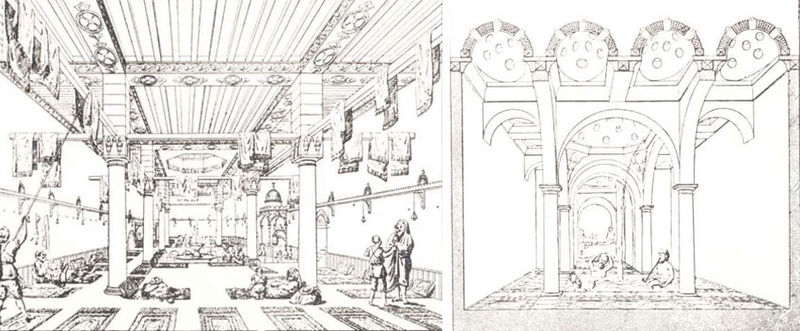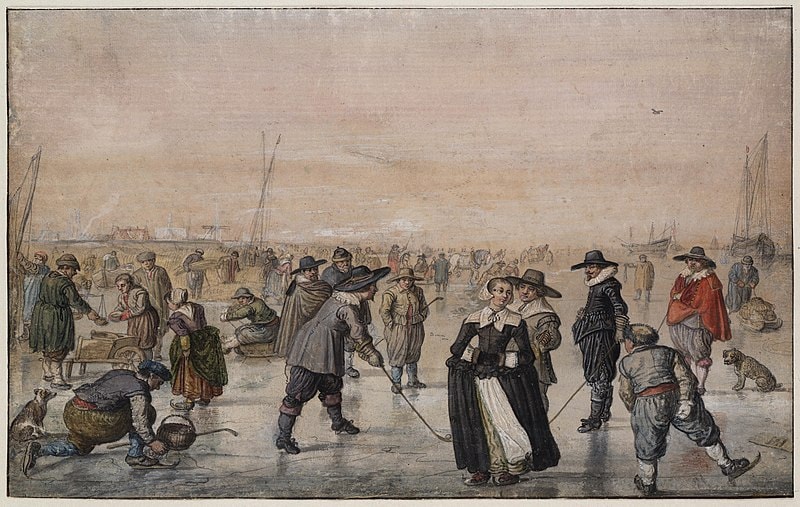
ADVERTISEMENT - CONTINUE READING BELOW
Hygiene was an important aspect of Islam while Christianity turned away from it
Not all early Christians opposed bathing. Washing of hands, faces, and feet, were mandatory upon entering temple, and Jews and early Christians practiced them ritually, in a manner known as ablutions. In the Islamic world, similar practices took place, though Islam expanded them to include full bathing. In Islamic cities, large public baths, (Hammam) with running water, were a common feature. Religious rites involving personal cleanliness extended to the offering of hospitality. Washing of the hands and face were a ritual prior to and following the consumption of meals, at a time when the primary utensils for well-mannered diners were the hands. Prior to prayer, Muslims were required to perform wudhu, ritualistic cleansing of the body to prepare for worship. During the medieval period, the Islamic world continued to stress personal hygiene, with cleansing of the body a sign of faith.

ADVERTISEMENT - CONTINUE READING BELOW
In Europe personal hygiene declined, at all levels of society, in the monasteries, the homes of the landowners, and of course among the lower classes and peasants. There were many reasons for the lack of enthusiasm for cleanliness. One was the persistent inclement weather of the Little Ice Age. Even in summer months the weather was cool and dank. In winter it was bitingly cold, for months at a time. Water had to be carried from its source into a dwelling, heated over open fires, and all too often shared by several members of a household. To put it simply, washing of clothes and bodies was too hard. There was also a prevailing suspicion over water, as a source of dangerous “humors” which led to disease and, in that age driven by superstition, to demonic possession. The reluctance to bathe led to the hygienic practices we consider barbaric today.

